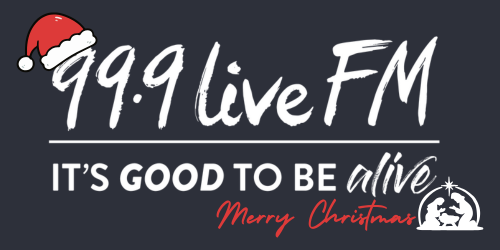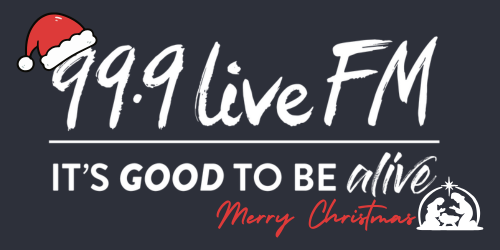
Kids Helpline and Kids Helpline @ School: Say NO to bullying
The beginning of the school year can be an exciting time, but it can also bring concerns for many children and parents. One of the most significant concerns, according to Kids Helpline, continues to be bullying. The impacts of bullying can lead to low self-esteem, health problems, poor grades and tragic outcomes.
“In the last 12 months, over 3,000 (5%) of Kids Helpline counselling sessions were directly related to this issue, highlighting the need for more intervention. Australia ranks second highest for teen bullying among 24 OECD countries. Unfortunately, 1 in 7 young people, aged 10 – 14 years of age, expressed thoughts of suicide when they made initial contact with Kids Helpline counsellors relating to bullying in 2024. Children and young people are telling us they can’t see a way out of bullying. They are searching for practical support; they are searching our Kids Helpline website in increasing numbers looking for self-help tools to deal with bullying (including cyberbullying). The information on the Kids Helpline website is to not only educate young people but to reassure those experiencing bullying that there is a way through it. More than 178,000 individuals accessed bullying-related information on Kids Helpline’s website in 2024 – www.kidshelpline.com.au/teens/
yourtown’s Kids Helpline @ School program is available nationally in primary and secondary schools (thanks to our principal partner Bupa Foundation). It provides early intervention and support to students and teachers within the school environment.
“Teachers can access classroom resources and book free Kids Helpline @ School sessions to have the support of Kids Helpline counsellors deliver virtual workshops with classes to help children and young people develop resilience, manage relationships, and become comfortable with reaching out for assistance.
Resilience is about emotional strength and self-efficacy.
Kids Helpline offers the following tips to parents to help children to develop their resilienceby:
- Focusing on the behaviour as being the problem; separate behaviour from identity – E.g. “Ashley is bullying you. That behaviour is not okay.” Rather than: “Ashley is such a bully!”
- Being curious. This helps young people realise that bullying is not their fault. E.g. “I wonder what’s going on for that person that they would act in such an inappropriate way. Why do you think they are behaving like that towards others?”
- Have a sense of humour. This helps young people to feel more empowered and take back their personal power. E.g. “oh, what a compliment to be called a dog! Our dog Lucy is literally my favourite person in the world; we could all afford to be a bit more like her!” Rather than: “how dare she call you a dog! She should look in the mirror.”
- Empower by exploring options and outcomes. “What would you like to happen? What’s the best way to get the outcome we want?” Rather than: “Give him a taste of his own medicine.”
- Show compassion/be the bigger person. This can be incredibly empowering for a young person; most young people want to do the right thing and be well thought of by others. Remember: this is not about ignoring/not responding. This is about responding the right way. E.g. “hmm… it must be hard to feel like the only way you can build up your self-confidence is by bringing others down. It’s important we role model good behaviour rather than resorting to insulting them back…”
“Kids Helpline is committed to supporting the mental health and wellbeing of all young Australians. We encourage families to reach out for help and support whenever they need it,” concluded Ms Adams.
Contacting Kids Helpline:
Phone: 1800 55 1800
Online chat and self-help: kidshelpline.com.au
Kids Helpline @ School: schools.kidshelpline.com.au

